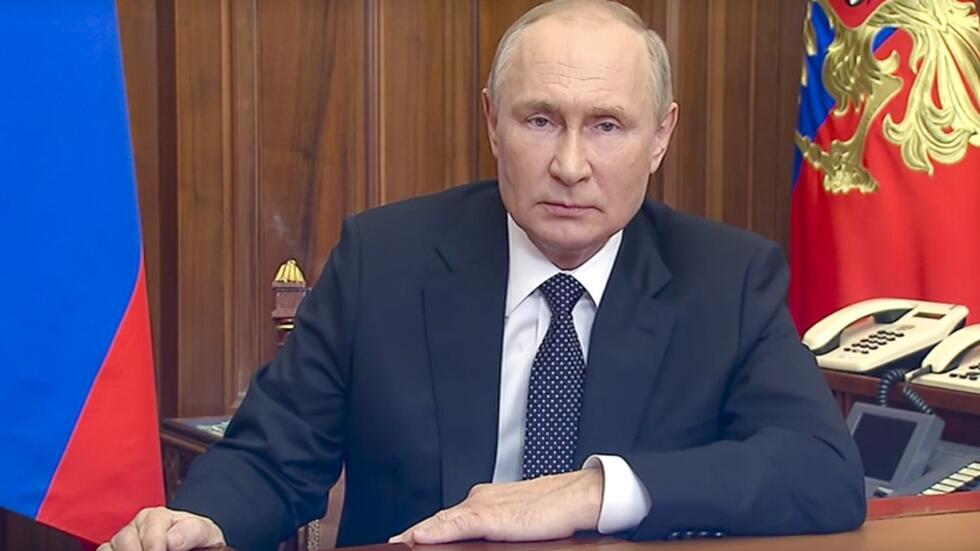
Russian President Vladimir Putin sanctioned a law that authorizes the development of a new state-supported messaging application, with integration with government services.
The measure is part of Moscow’s effort to reduce dependence on communication platforms such as WhatsApp and Telegram while seeking to strengthen his digital sovereignty.
Russia has intensified its initiatives to create internal alternatives to foreign technologies, especially after the removal of several western companies from the country in response to Ukraine’s invasion in February 2022.
The Russian government considers that the creation of local technological services is essential to reduce the influence of foreign platforms and protect their citizens from possible external interference.
The new state application promises resources that competitors, such as Telegram and WhatsApp, do not offer. Although details about additional features have not been fully revealed, Russian legislators pointed out that the tool will be completely integrated with public services, offering a more centralized digital experience for users.
However, the initiative faces criticism, especially advocates of privacy and civil freedoms. Mikhail Klimarev, director of the Internet Protection Society, a Digital Rights Defense Group in Russia, expressed concerns about state control over the platform. Klimarev warned that with the government in charge of the application, there is a significant increase in risks related to users’ privacy and possible mass surveillance.
In addition, it is rumored that the Russian government can adopt measures to discourage the use of competing platforms such as WhatsApp and Telegram. Mikhail Klimarev mentioned in a recent comment that Russia can slow these applications to force citizens to migrate to the new service, thus increasing the adoption of the state tool.
This movement reflects Moscow’s growing effort to build its own digital infrastructure, with the aim of ensuring greater control over information and communications within the country. The creation of the state application follows a pattern of policies that have intensified since the beginning of the conflict with Ukraine, when Russia sought to minimize the influence of foreign technological companies and strengthen its ability to control the flow of information.
The approval of the law that allows the development of the new application is a milestone in Russia’s digital sovereignty project, which had already taken steps to restrict access to western services such as Facebook and Twitter, and even ban applications like LinkedIn. With the new messaging app, Moscow hopes to further reduce the presence of international companies in the local market.
The reaction of the international community is still being observed, with specialists in technology and digital rights pointing out that the initiative may have global implications, especially with regard to freedom of expression and privacy. The measure also raises questions about the feasibility of an isolated digital model, where centralized control over information can affect access to open and free communication.
With the development of the new application, Russia follows a trajectory of strengthening its digital infrastructure and seeks to increase its technological independence, while facing increasing pressure from sanctioners and international critics. Time will say whether the new service will be able to attract popular adherence, or whether concerns about privacy and digital freedom will be a significant obstacle to its large -scale adoption.
Source: https://www.ocafezinho.com/2025/06/25/russia-lanca-aplicativo-de-mensagens-estatal-para-bater-de-frente-com-whatsapp-e-telegram/

